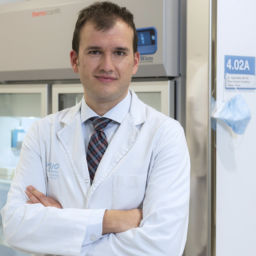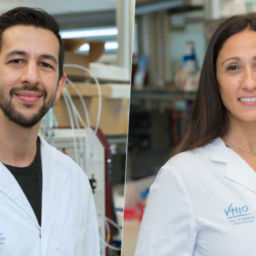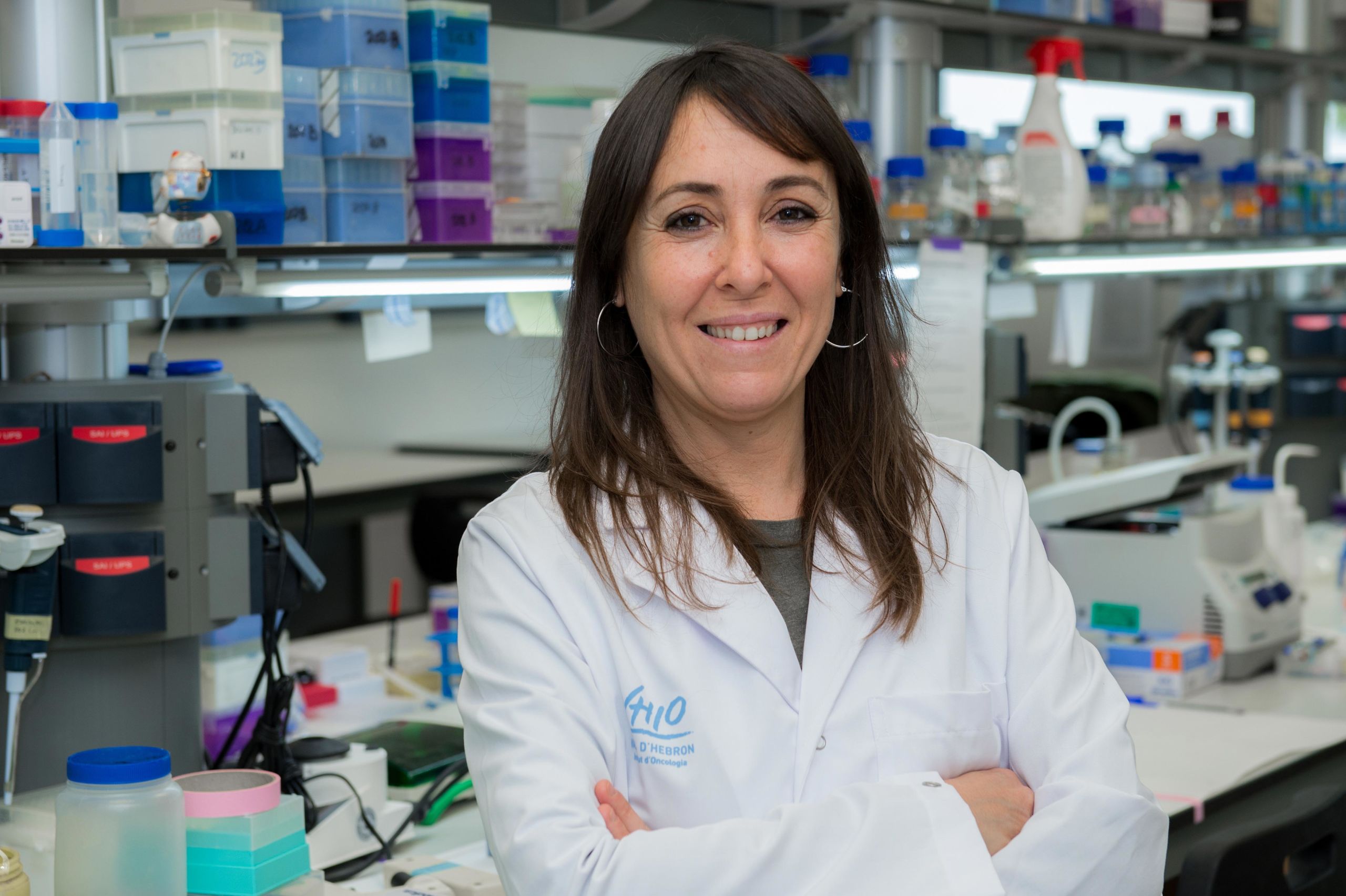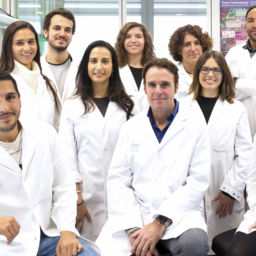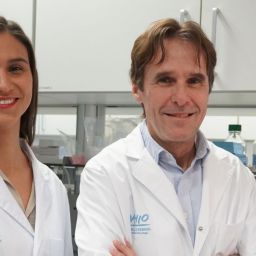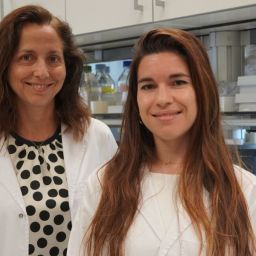
Laboratory tests with mice reveal ‘exciting’ new strategy that could transform triple-negative breast cancer into a manageable disease
Researchers at the Centre for Genomic Regulation and Vall d’Hebron Institute of Oncology have shown that the simultaneous inhibition of two different proteins may represent a new strategy for tackling triple-negative breast cancer, the most aggressive and drug-resistant form of breast cancer. The findings are published today in the journal EMBO Molecular Medicine.
Breast cancer is the most commonly diagnosed type of cancer and the fourth most common cause of cancer-related death in women, with more than two million cases worldwide and 685,000 deaths in the year 2020.
Around one in seven (15%) of these cases are a highly aggressive form of the disease known as triple-negative breast cancer. The prognosis for triple-negative breast cancer is poor. The disease is highly resistant to existing treatments because its cells lack the receptors that breast cancer drugs target.
The enzyme LOXL2 has recently been shown to drive the growth of triple-negative breast cancer. A team led by Dr. Sara Sdelci at the Centre for Genomic Regulation and Dr. Sandra Peiró, together with researchers in the Upper GI Cancer Translational Research Group at the Vall d’Hebron Institute of Oncology, carried out various analyses to assess the enzyme’s suitability as a biomarker that can predict treatment outcome.
They found that LOXL2 expression could only predict the outcomes of drugs which target the protein BRD4, a well-known driver of cancer. Driven by the intrigue of their findings, the researchers carried out further experiments to assess whether LOXL2 and BRD4 might be working together to help triple-negative breast cancer cells grow.
Various experimental lab techniques showed that LOXL2 interacts with a version of BRD4 inside the nucleus. The researchers demonstrated that this interaction changes the expression of genes and ultimately helps triple-negative breast cancer cells grow. Inhibiting both proteins at the same time disrupted these interactions and helped slow the growth of cancer in cell cultures (in vitro) and three separate mouse models (in vivo).
The Experimental Therapeutics Group, led by Dr. Violeta Serra and the Growth Factors Group led by Dr. Joaquin Arribas, both at VHIO, have collaborated in the research providing models, including patient-derived xenografts, that were a key asset for the research.
“Our deep dive into how triple-negative breast cancer cells grow at the molecular level have revealed a new mechanism which can be exploited for treatment purposes. It is exciting because a double strike strategy that targets both proteins could be combined with other treatments and transform triple-negative breast cancer from a disease with a very poor prognosis into one that is manageable,” says Dr. Laura Pascual Reguant, first author of the study and postdoctoral researcher at the Centre for Genomic Regulation in Barcelona.
The findings have important implications for an experimental class of drugs known as BET inhibitors, which have shown some promise in tackling triple negative breast cancer. BET inhibitors work by compromising the function of BRD4, but have failed to pass the clinical trial stage because triple negative breast cancer cells acquire resistance. The authors of the study believe that simultaneous targeting both BRD4 and LOXL2 could help overcome this resistance.
The next challenge will be finding how to safely and effectively target both proteins at once. One way is to combine existing inhibitors. Different versions of BRD4 are already being targeted by BET inhibitors in 30 different clinical trials, 5 of which are for triple negative breast cancer. LOXL2 inhibitors also exist, but their safety and efficacy in treating cancer has not been explored. The combination of both inhibitors has not been tested.
“More work needs to be done before our findings will benefit patients, but any progress in understanding the mechanisms of this highly aggressive disease is good news. As we continue to shed light on how triple-negative breast cancer grows, the health challenges it poses might be more tractable than we first thought,” concludes Dr. Sdelci.

